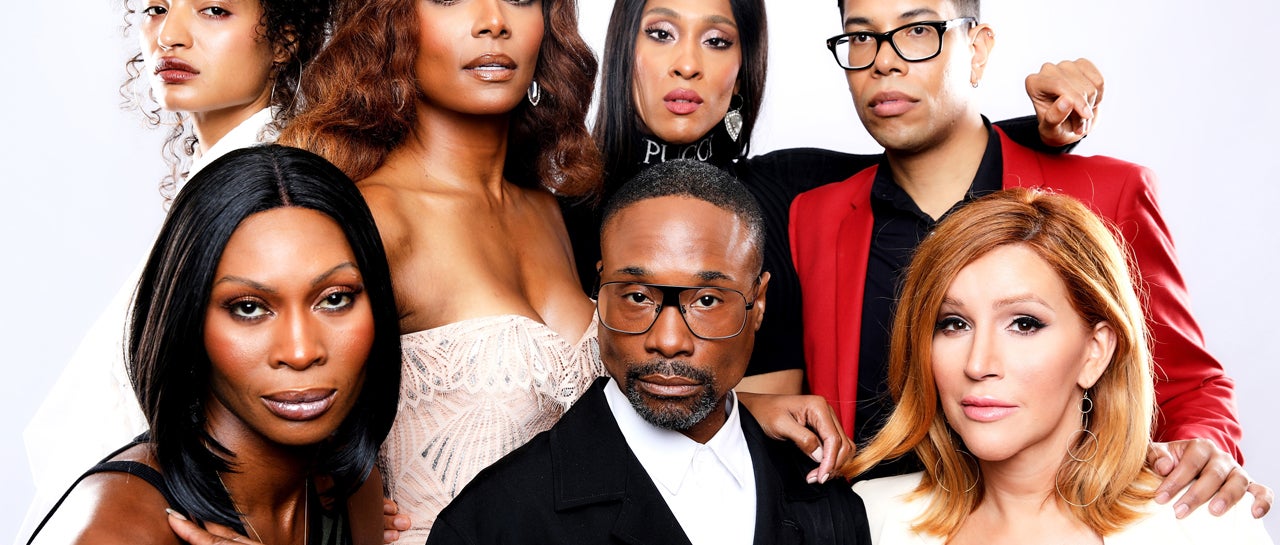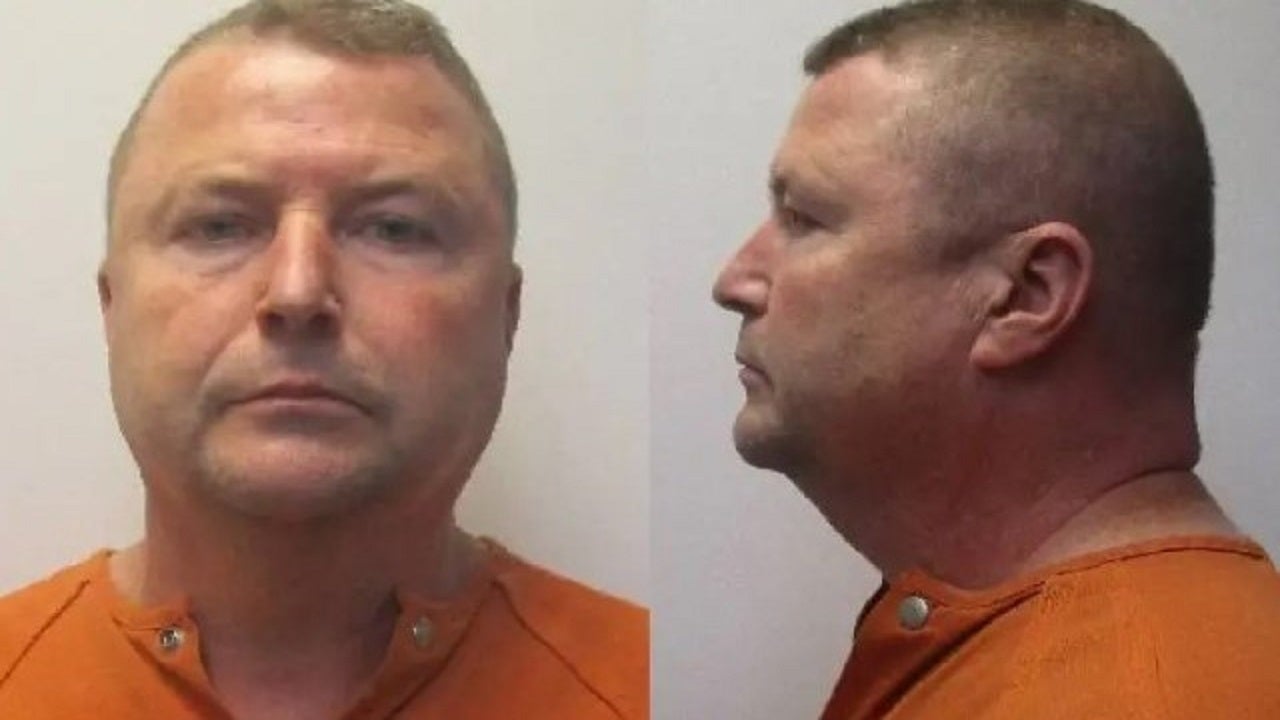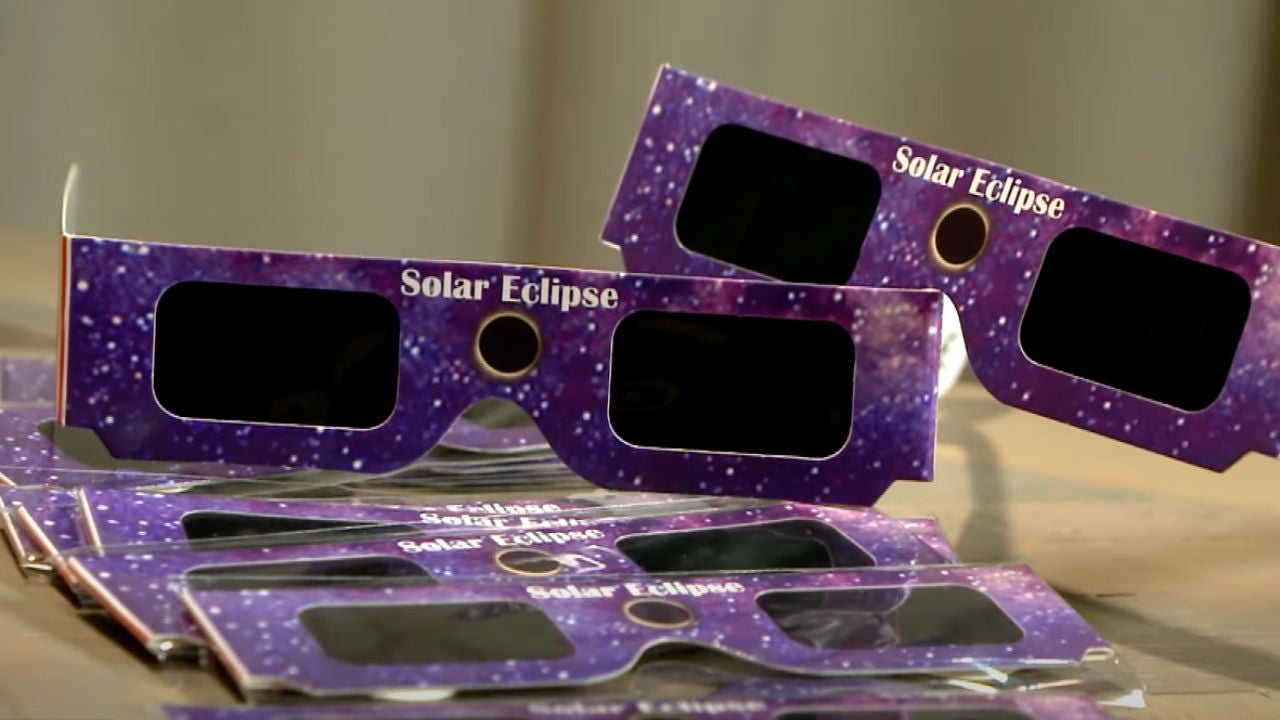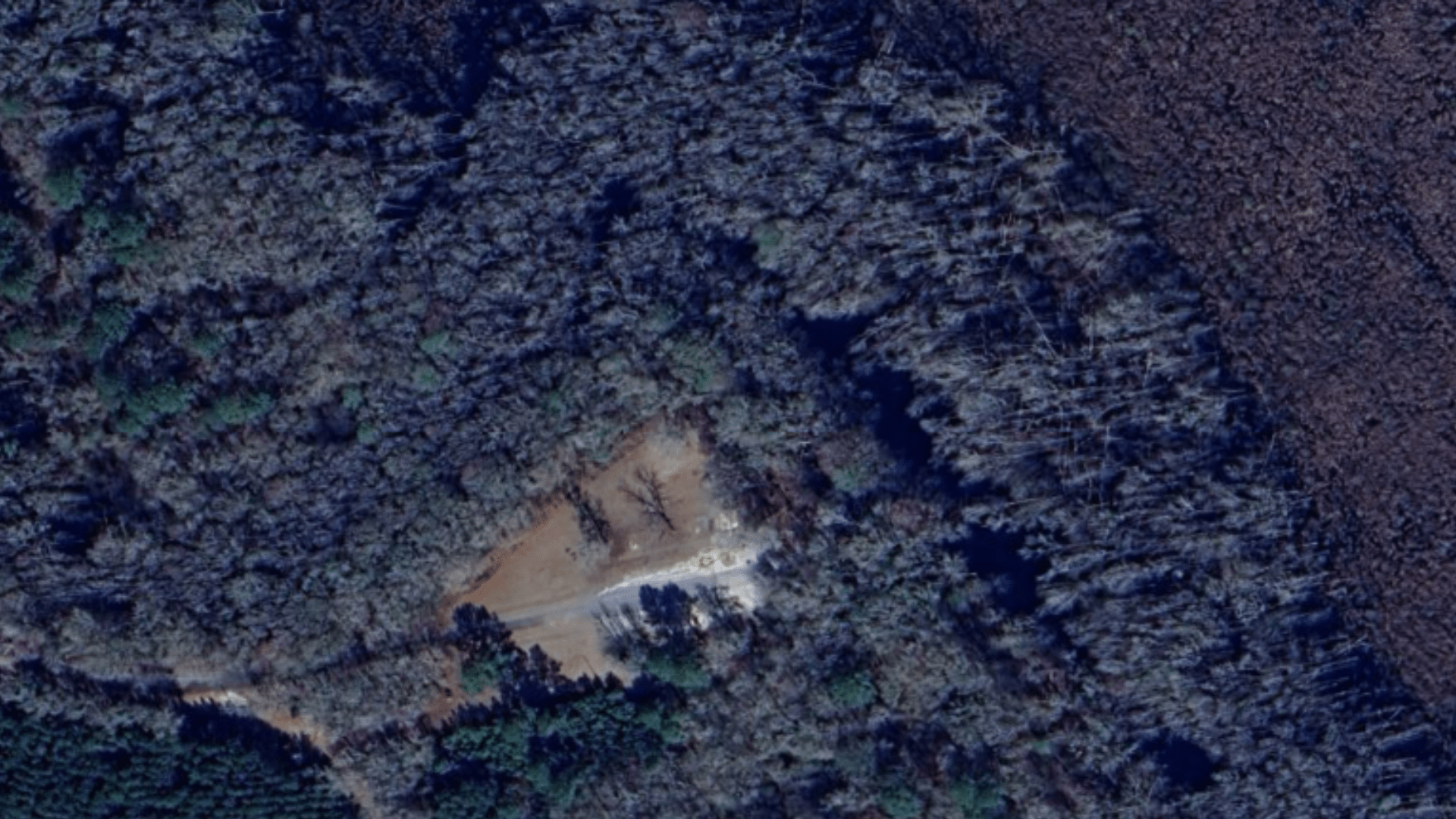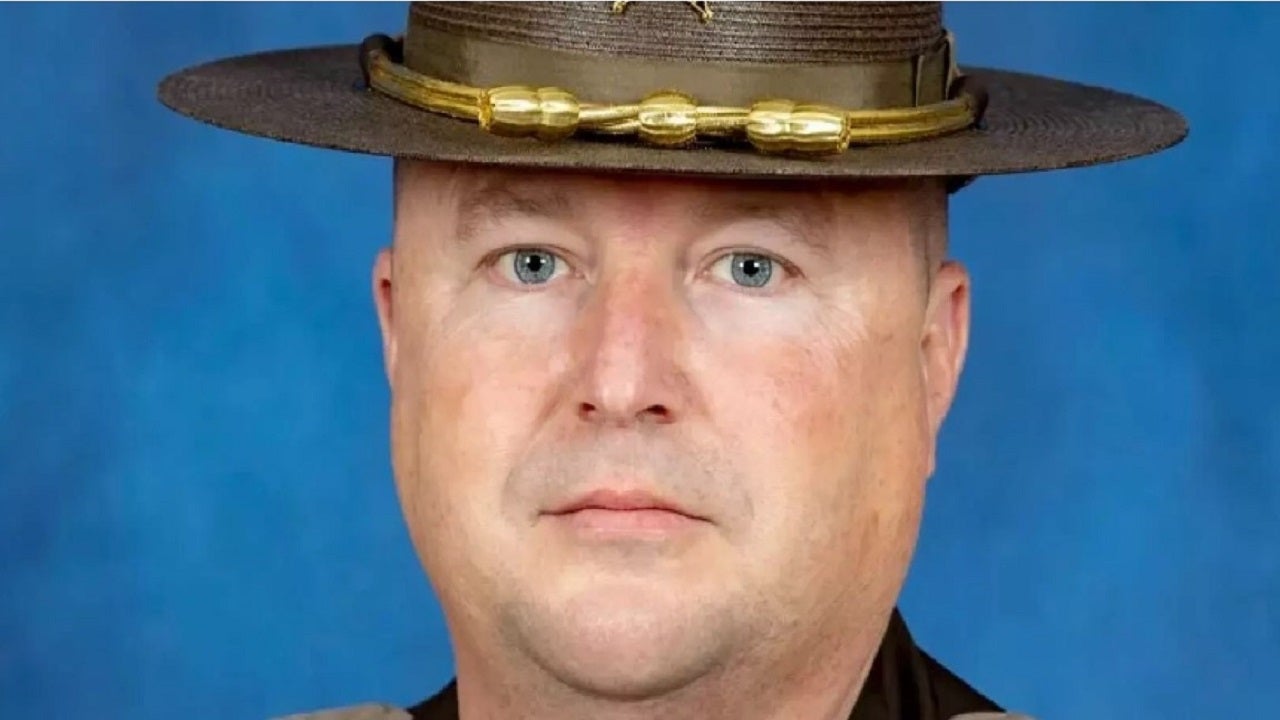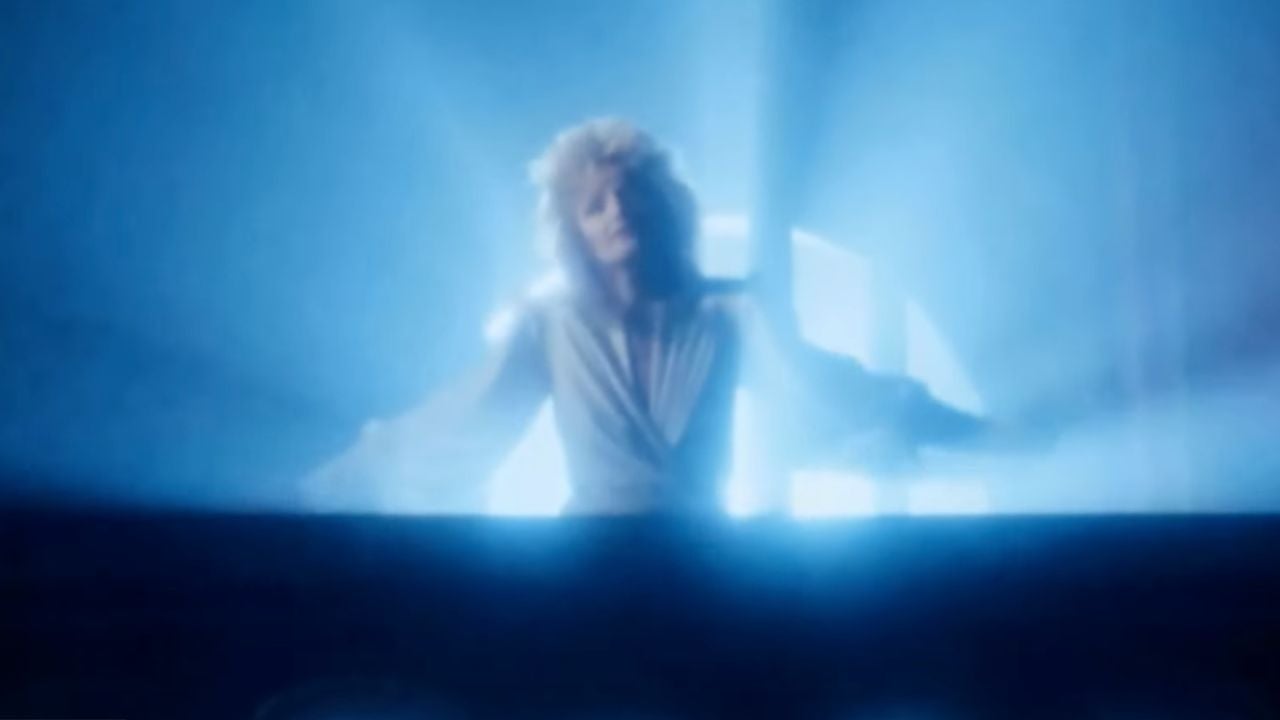The category is game-changing storytelling. As "Pose" comes to an end, fans and one of trailblazing show's creators reflect on what it meant to have their own experiences and others within the LGBTQ+ community reflected on television.
FX’s award-winning and celebrated series “Pose” strutted its stuff in the ballroom for the last time on June 6, leaving many fans in tears as the landmark show came to an end.
“Pose,” which ran for three seasons, was a groundbreaking and game-changing series that examined LGBTQ+ life through the underground ballroom scene of New York City in the 1980s and into the 1990s. The show included the highest number of transgender actors ever cast for a scripted show and had the most recurring LGBTQ+ actors, according to NBC News.
At the heart of the series was family and the chosen support system the characters had, which advocates and fans have said echoes some real-life circumstances some LGBTQ+ youth and people of color have faced.
“Pose” co-creator, executive producer and director Steven Canals told Inside Edition Digital that the show took some time and convincing to get off the ground.
Canals was working on his MFA at UCLA in 2013 when he “did an assessment of the television landscape at the end of 2013. And at that time television was being dominated by straight white cisgendered male antiheroes. 'Breaking Bad,' 'Mad Men,' 'House Of Cards,' 'Game Of Thrones,' all great shows, but I wasn't seeing people who look like me.”
"There just weren't trans people, regardless of race and ethnicity; were not populating airwaves in any significant way," he said.
So Canals set out and wrote a show that he would want to see. It took two-and-a-half years to get greenlit to air, but he never envisioned the show to receive the outpouring of support from fans like it has.
Calling it a “humbling” experience, Canals is often stopped in restaurants, grocery stores and on the street by fans. Many thank him for what he has done and how the show has changed their lives.
What 'Pose' Meant to Its Fans
Viewer and “Pose” fan CJ Carter, who works in marketing, said the show forever changed television.
“What ‘Pose’ did was literally they broke the mold and they set the standard. I think if I could equate ‘Pose’ to anything, it would be to the moment that Michael Jackson moonwalked across the stage. That is what ‘Pose’ did for America,” Carter told Inside Edition Digital.
In the 2018 series premiere, the audience meets Damon, portrayed by Ryan Jamaal Swain, a young Black teen who was thrown out of his house in suburban Pennsylvania by his parents for being gay. He fled to New York City in hopes of finding acceptance.
Carter said from the first episode, he saw himself in Damon’s story.
“The first episode alone changed my life because it reminded me of the rejection of my own parents for being who I was. So the scene with Damon and his dad and his mom's just I found myself bawling like a baby,” he told Inside Edition Digital.
Carter, who grew up in Texas, explained that like Damon’s character, he studied various forms of dance.
“That was not the thing to do growing up in the ghetto is to be a ballet dancer. It was very frowned upon,” Cater added. “So just seeing him in that scene in his moment, living his truth reminded me of my own struggles.”
Carter recalled that while he played with his Hot Wheels toy cars and dump trucks, he also played with Barbie Dolls and “that just was not accepted.” "Just seeing [Damon] as a dancer that I related to, just seeing that rejection by his parents, just literally brought me back into my own experience," he said.
Despite the storyline striking a raw nerve, Carter said that he was “glad at the fact that it was finally not danced around."
"Because I think oftentimes we portray these characters on television, but we don't necessarily talk about the actual experience. We don't go in depth with what it's really like to be rejected by your parents," he said. "I appreciate the fact that they were authentic to show this is what people literally go through.”
Carter applauded the creators of the show, Ryan Murphy, Steven Canals and Brad Falchuk, “for even having the courage to put that narrative out there like that, because that's not easy to do.”
"That all feels like a lovely by-product of putting my heart on the page," Canals said of fan praise like that of Carter's.
“I've heard so many stories that run the gamut from the show has helped me to come out as a trans person to the show, inspired me to go get tested and find out my status for the first time to the show has made me want to be a better parent,” Canals said.
Carter pointed to the show's inclusivity in all respects, saying: “I appreciated the fact that race absolutely was inclusive of the conversations. Your experience is going to be different from someone who is obviously Black.”
'Pose' and the Chance to See Oneself Represented
“I think for so many other people there, in terms of the trans community and some of the other members of the LGBTQ community, this was the first time they really saw themselves on screen and saw themselves represented in a way that I think was genuine, accurate, inclusive, honest,” Stacy Lambe, senior editor at ET Online, told Inside Edition Digital.
“I just loved the way they brought it here and you couldn't help but be moved and feel the same feelings they felt in this story and the show," Lambe said. "But then also as a gay person, I found it was an opportunity for us to learn about our history.”
The show also helped educate those who were unaware of what many in the LGBTQ+ community have faced and continue to face.
“So the show touched me in so many ways because I could relate to so many things,” Carter said. “It educated me on things that I had no idea about: ballroom culture. It also showed me the struggles of trans women that I had no idea about because I pass. So I don't necessarily have the same experiences as someone who is a trans woman. It just really pulled at my heartstrings more than what I ever expected for it to.”
“This show gave me confidence.”
Damon’s character goes on to find the love he lacked from his birth family in that of the show’s stars like MJ Rodriguez's Blanca, Billy Porter's Pray Tell and Dominique Jackson's Electkra. Damon goes on to audition for Madonna’s “Blonde Ambition Tour,” and television series.
Carter said that the character’s story gave him an opportunity to share more with his straight friends, too.
“I can go back to like the scene where Damon was sleeping on a park bench. And as we're watching the show, I would just be like ‘Yeah. I was homeless on the streets with a food stamp card and a backpack with nowhere to go and no one's take me in.’ So I'm like, ‘I can relate to that experience.’ And for them to know me and know my lifestyle today, it just blows their mind that someone can be rejected to the point of being on the street," he said.
Behind the Scenes of 'Pose'
Lambe, who covered the show for ET Online, was invited the behind the scenes, which also had a deep impact on him as a viewer and fan.
“I just found myself being so involved in the world and invited in to experience that with them and found myself really kind of learning more about my brothers and sisters of the trans world that I wasn't as familiar with beforehand," he said. "So I think that was just really exciting to kind of be a part of that and be invited in. But then also I had the luxury of being able to cover the show from beginning to end and just being a part of that."
Lambe and Carter are not alone in the belief that their lives were deeply impacted by "Pose."
NBA superstar Dwayne Wade expressed how the show changed his life and the life of his wife, Gabrielle Union, as well as the rest of their family. When Wade’s daughter, Zaya, came out as transgender, the former Miami Heat star told Andy Cohen in early 2020 on “Watch What Happens Live” that he reached out to the cast to get educated.
"We didn't have a lot of information, and we reached out about pronouns. Something as simple as pronouns, we wanted to make sure we didn't get it wrong,” he said. “So we reached out about the pronouns to make sure we said the right things to our daughter."
Praise from celebrities like Elton John, Dwayne Wade and SZA, is as important to Canals as "the mom living in Detroit, Michigan saying she loves the show.”
Seeing “Pose” do well also gave Canals more confidence in his own work and self. "The fact that the show got made and then it went out into the world and that people have embraced it and loved it as much as they have, I think I'm still having to recalibrate because I'm still in a place of like, ‘wait, no, this wasn't supposed to work,’” he said.
Before 'Pose' There Was 'Paris Is Burning'
“Pose” was inspired by the 1990 documentary “Paris is Burning,” which showcased the underground ballroom scene of New York City in the late 1980s.
“I suspect overall people would be happy to know that there's representation of the ball world that's respectful and energetic, and that elevates their struggles and dreams to the level of television,” “Paris Is Burning” director Jennie Livingston told Inside Edition Digital.
“In the mid-80s no one could have imagined a series like 'Pose,' or, in general, the kinds of stories and characters we take for granted in the golden age of television,” Livingston said.
“Paris Is Burning” gave the outside world a glimpse of what LGBTQ+ and people of color were doing in the underground in the 1980s as fabulous DIY costumes, dances and showcases of raw talent were showcased in church basements or warehouses across New York City. Over 30 years later, it continues to be celebrated.
“How I feel is that, as a queer and gender nonconforming person, I set out to tell stories in a world of film/television that was, back then, incredibly resistant to telling our stories,” Livingston said.
“That ['Paris is Burning'] went on to inspire audiences and activists, and then to encourage other filmmakers to make other work is beyond what I could have imagined. That there are clearly way more avenues for stories of queer and trans people, and that ['Paris is Burning'] has been a part of that trend, makes me feel incredibly elated – as well as deeply connected, both to the people who welcomed me into their world, and to my fellow storytellers of all generations,” Livingston said.
Using “Paris is Burning” as an inspirational point, and then furthering inclusive storytelling, on and off screen, was a key to the success of “Pose,” Lambe said.
“‘Pose’ actually had people of color, trans people of color, writing and telling these stories. Whether or not they're pulling directly from the documentary or just bringing in their own stories, they brought in some actual, genuine, real storytelling that I think kind of changed the game a bit. And I think that's why ‘Pose’ has connected in such a larger way,” Lambe said.
The creators of “Pose” enlisted “Paris Is Burning” subject and House of Xtravaganza grandfather, Hector Xtravaganza, as a consultant. Canals said after the first season finished airing, Hector, who was diagnosed with HIV in the early 1980s, had called him crying. “I just can't believe that I lived long enough to see this,” Canals recalled him saying.
Canals said he was “grateful and honored” for Hector Xtravaganza’s accolade. Xtravaganza died in December 2018 of lymphoma. “I truly miss him,” Canals said.
The same year “Paris Is Burning” was released, Madonna released her single, “Vogue." Her music video for the song helped propel what those inside the ballrooms were doing further into the mainstream.
“When it comes to being on the outside world, when you're othered all the time, that can be such a terrible thing. But then in here, in the ballroom scene, it's almost that's what is celebrated and what makes you stand out,” Lambe said.
The Legacy of 'Pose' Will Endure
While showcasing the heavy themes of the AIDS epidemic, homophobia, racism and transphobia, “Pose" was as uplifting as it was illuminating.
“It wasn't ever preachy about it. It wasn't ever in your face. But I think if you just took the nuggets that they were putting out there and then ran deeper with it, you could open yourselves up to so much more than you may have known,” Lambe said.
“To make sure that you're doing as much as you can so be a light, to support and to keep an open mind when it comes to embracing people who are different,” Carter said.
The show premiered June 3, 2018, making waves three days into that year's LGBTQ+ Pride Month. The show ended three years later, almost to the day, also during the monthlong celebration.
“I hope that the show and specifically the show always airing during this month will be a reminder to our audience to just set up a little straighter and to just hold their heads up a little higher and to be that much more proud of who they are,” Canals said. “Because I think it's so easy even now in this current climate where we're seeing more visibility there's still so many mixed messages and microaggressions.
"The reality is that we still have more, there's still more room for improvement when it comes to honoring the LGBTQ plus community.”
“I don't know if we'll ever get a show like 'Pose' again, but there's just no turning back into a time before that,” Lambe said.


